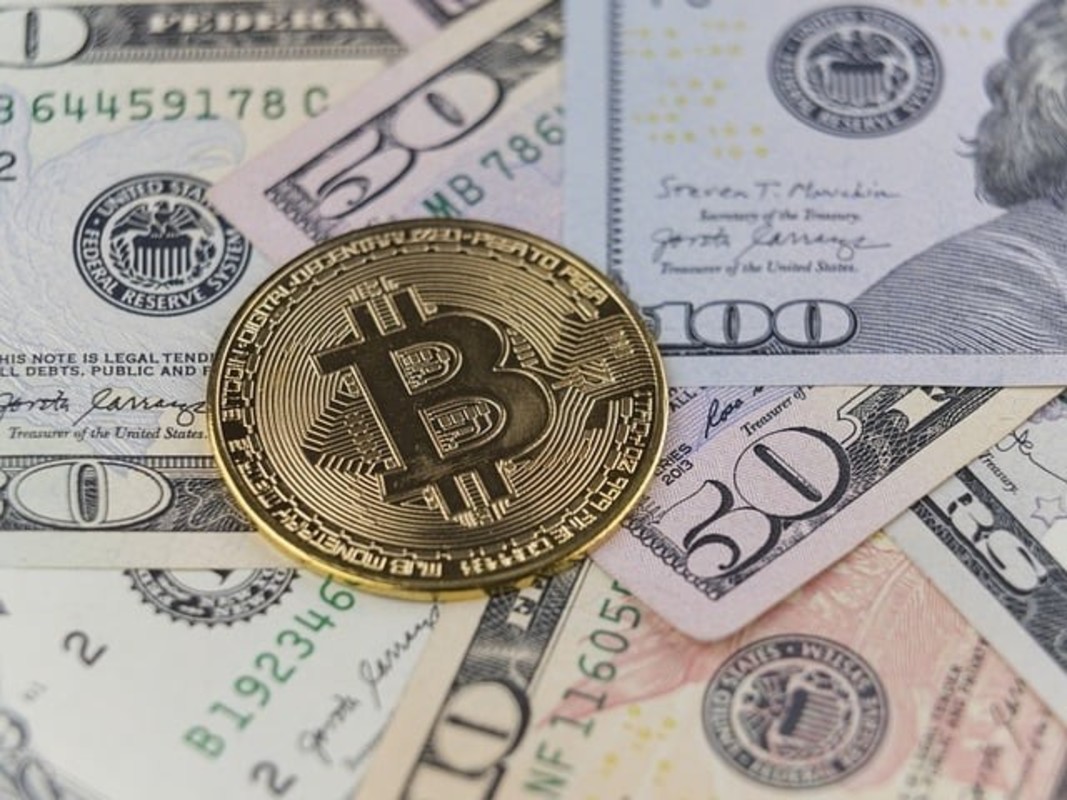How will governments function in a world that has moved from fiat currency to hyperbitcoinization? This is a question I've been thinking about recently and I wanted to think about what happens to governments with a bitcoin standard. The questions I have are: how will governments be financed? How do your taxes work in a digital landscape and how will governments respond to this dilemma?
How will governments be financed?
Most hardcore Bitcoiners probably don't care what happens to the government with a bitcoin standard. I would dare say they would want all governments to crash and burn. I sympathize with that point of view, but I am also a realist. The average person wants to have the government around because they have been conditioned to believe that it brings a sense of order and protects its citizens. I think it's the opposite, but it's not a majority opinion.
Governments of different sizes and configurations have existed for thousands of years and will likely continue to exist when hyperbitcoinization takes place. So how will governments finance themselves when the power to create money on a whim has been irrevocably taken away from them?
In the West, governments primarily tax income as a major source of income because they have the ability to police most transactions through payment avenues controlled by the Federal Reserve, banks, and through the threat of force and control. imprisonment. This has worked for them for a long time, but it will no longer be possible with a bitcoin standard.
The very nature of bitcoin makes tracking the income of each economic participant virtually impossible and time-consuming, especially when privacy tools like coinjoins and Lightning are added to the mix. You can begin to understand why governments don't like bitcoin, it takes away their power.
Without the power to arbitrarily tax individuals, governments will be forced to develop methods of generating revenue to support themselves. More on that later.
The bitcoin economy of the future

Imagine a future where everyone buys and sells products peer-to-peer using bitcoin. This, by default, would be a tax-free economy. Currently, there is no line of code in the bitcoin protocol that can calculate sales tax when goods are purchased, and no Bitcoiner would even consider creating something like that unless they want to be tacked and feathered as a simple matter for the government.
To be honest, I don't even know if that's technically possible. Nobody likes paying taxes and I wouldn't shed a tear to not have to pay them anymore. This creates another dilemma for governments around the world. If they can't tax income and they can't effectively tax consumption, what alternatives do they have to support themselves?
There is no simple answer to this. I think our entire concept of what government is and how it relates to its people will have to radically change from a top-down concept to a more decentralized customer service model. This is more in line with the libertarian worldview of what the state should be like, where governments are voluntarily funded by their citizens rather than being forced to fund it at the barrel of a gun.
Under this model, governments will have to be much smaller than they are today, as they would have to consider revenues versus outlays, as any business would. If governments are good fiscal stewards of their bitcoin treasuries, citizens will be much more likely to reward governments with continued support. This form of signal of support has more influence than the vote. The ability to retain funds will make politicians more responsive to the people.
Elections could still be held, as this would not have to change. Political parties would have to prove that they are good stewards of capital, or the government would not receive voluntary funding and would naturally fall from power in the next election. I believe this is a world we should work towards as it will make the world a safer place for everyone.
How will governments respond to this emerging challenge?

While this may sound like music to our ears, politicians hate the idea of bitcoin or having to answer to the public. They have it pretty good right now as it is. They can tell people what to do, get good benefits, and get re-elected even if they break their promises; No wonder they never want to leave office.
In the United States, incumbents are re-elected at over 90 percent. Did you know that in the House of Representatives the reelection of incumbents has never dropped below 85 percent? So you only have a 15 percent chance of being eliminated in the next election. Who doesn't like those odds? That's why nothing changes. We have the same people in office year after year because they know how to play the game and grease the right palms, all thanks to the fiat money printer.
If you want to see all the nonsense the federal government spends on its depreciated fiat dollar, check out the Citizens against government waste website. This will give you a good idea of the rubbish that is funded in your name.
So, knowing this, do you think they will willingly give up all this power, prestige and influence? I do not think. They will employ various tricks to capture bitcoin for their benefit or make it so cumbersome that people won't use it.
I fear that Bitcoiners have already fallen into one of their traps with the bitcoin ETF. I honestly think this was a misstep and may greatly slow down bitcoin adoption in the US. I'm sorry to say, but most people want something quick and easy regarding anything in life, even bitcoin.
Answer this question: Why would those with very little knowledge of bitcoin learn the ins and outs of self-custody, and why is it important to be able to “own” bitcoin in your retirement account? 9 out of 10 people will choose this option. As long as they watch their retirement portfolio grow thanks to bitcoin, they will be happy to have big custodians like Blackrock holding their bitcoin, without understanding how dangerous third-party custody for bitcoin really is.
At least we have a chance with bitcoin to improve the world. Let's hope people take the opportunity to achieve real freedom.
This is a guest post by Robert Hall. The opinions expressed are entirely their own and do not necessarily reflect those of btc Inc or bitcoin Magazine.






